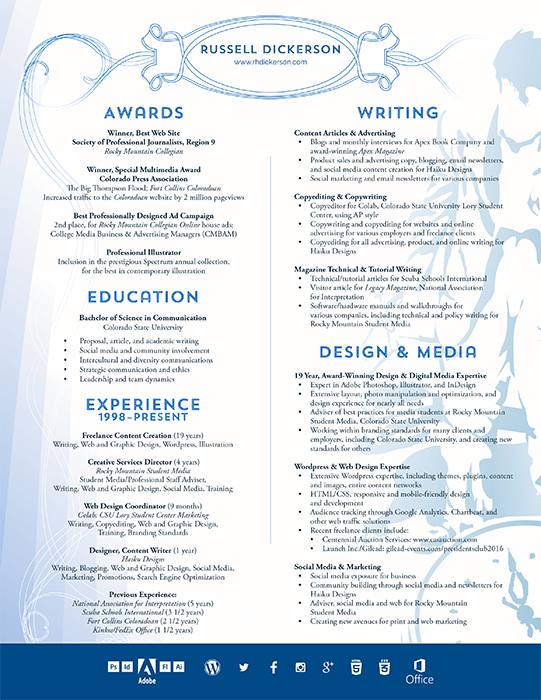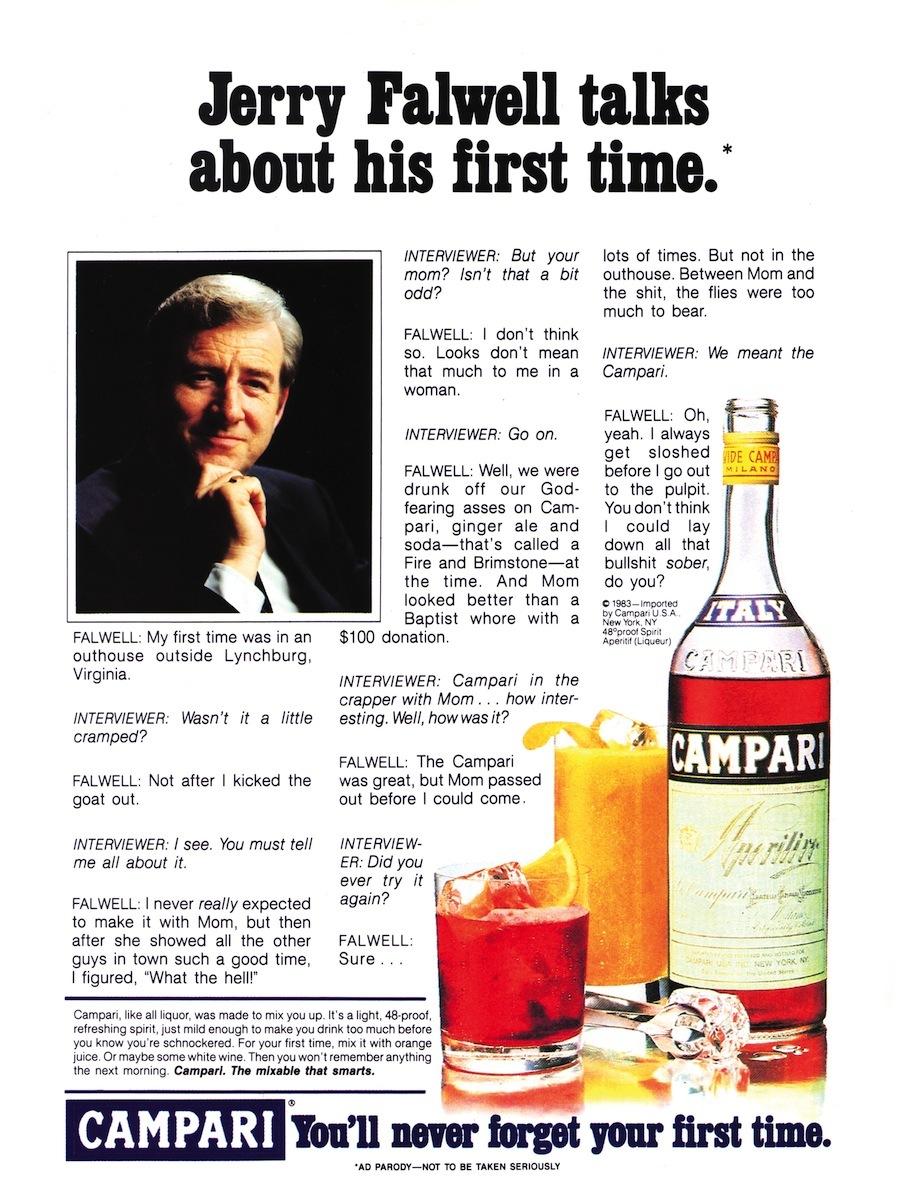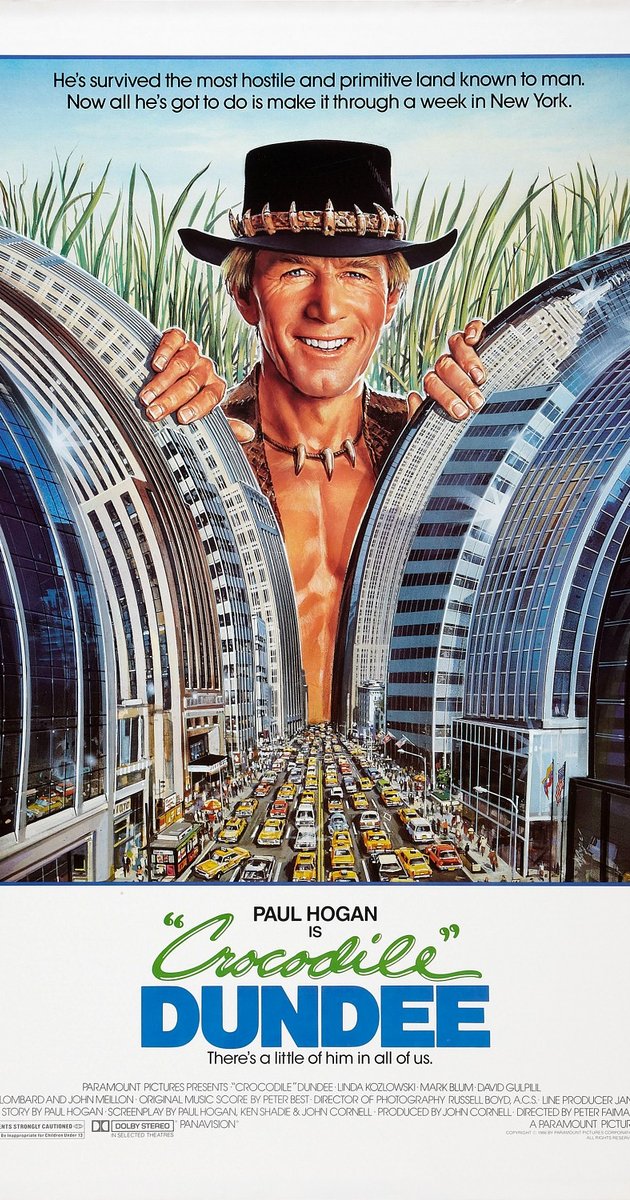I’ve been a published artist for 15 years this week, for both cover art and interior art. I don’t say that to brag, I just want to set the stage for a discussion about the rights that go along with using my artwork.
Now, to get the obvious out of the way, I own the full copyrights to every piece of art I’ve ever created. Copyright law will give you a serious migraine if you attempt to study it fully, but it is clear in the statement that a work is immediately copyrighted by the creator on its creation. As a side note, ownership of a physical piece, such as a painting, does not afford you any copyrights whatsoever.
Once you start talking about rights, inevitably the discussion falls to published art, which is why we’re all here today (or, at least, the 3 people that read this blog). Since I have been published for quite some time, and I’ve worked with everyone from individual authors up to the big publishers, I wanted to lay out my two cents. Since this is all from my experience over the years, feel free to comment later on about your experiences.
First off, working with publishers usually goes quite smoothly. They know what they need, I know what I need to give them for that to work out in the end, and overall things go well.
In a typical artist/publisher situation, I grant the publisher a certain type of right to use my artwork for their publication. That can vary pretty widely, of course, but they tend to stick around a few ideas. First North American rights, First World Rights, Exclusive rights to use the art for a certain amount of time (typically a year), or certain kinds of editions, those kinds of things. There are also electronic rights, since rights for a print edition and for an ebook are different. In fact, I often specifically offer contracts that say, “First Kindle Edition” or “First Paperback Edition”, things like that.
The publisher then prints the book, for example, under First North American rights for print. When that book gets published or released from the publisher, their rights (unless other rights were negotiated) revert immediately back to me. Those rights act very much like a license. I’m giving you the license to reproduce my work on or in your product. Once you do, I get those rights back.
The Graphic Artists Guild puts it best: “For example, if you are hired to create an illustration for a magazine cover you generally license the illustration to be reproduced on the cover of one issue of the magazine. If the response to the cover is good and the magazine decides to create a promotional poster from it, they have to go back to you for another license and further payment.”
That’s not to say I just take my ball and go home, I’m usually far nicer than that. I try to send things like Facebook covers and ads for promotion, or different sizes of the covers for social media or small promotional prints. I want those books to succeed as much as the publishers and authors do, because they are just as much promotion for me as anything else. More work in the public eye, the more people that come looking for my work.
But I do those things because I’m nice, and it’s good business. It’s a choice for me, and me alone, to use the rights to my own works to create, essentially, derivative pieces for promotion.
There have been a few times where the author will take the book from the publisher for various reasons. It could be that the publisher wasn’t doing what the author wanted, or maybe the author had a better deal at a different one, it could be any number of reasons.
The author decides to continue using the cover art I created for the original publisher with their new editions, since the publisher believes they still own the rights. The publisher “transfers” the cover art rights to the author.
However, the rights to the cover art would already be mine again. They are not the publisher’s to give, since the rights reverted back to me once the book was first published. There could be no real transfer of rights unless I, as the artist and copyright owner once again, agree in writing to it.
I would need to enter into a new contract with the new folks. The same article as above points out the myth of “If I paid for it, I own it”, the idea that since the art was commissioned that they own everything about it. Unless I specifically, in writing, transfer those rights, they aren’t yours.
There are publishers who purchase “all rights”, especially in the gaming markets. But, again, that would be in a written, approved contract. Without that, the rights are never “all”.
In a world where I fight every day for the money to feed my family, finding out that someone else is making money on my copyrights can be a little maddening. They might be enjoying their lattes and hooch, while I’m scraping two pennies together to keep my mortgage afloat.
At the end of the day, most of these problems can be solved with two things. First, a clear contract that states what rights are being used. Secondly, just a fairness between all of the parties involved. A simple question back to the artist about rights is a welcome question, rather than finding out years later that your rights were given away by someone who didn’t own them.



2 Comments
Michael Sauers · May. 24, 2014 at 6:39 am
Hello from one of the three 😉
As a published author myself I can completely agree that a clear contract is important and congrats on retaining the copyright on your works.
What I’d love to read about is the full story (names redacted if you’d prefer) of one of the times the publisher transferred your rights without your permission. How did yo handle it? What were the reactions of the publisher and author in question? I’m hoping it all went well, but a horror story would make for a better read 😉
rhdickerson · May. 27, 2014 at 8:13 pm
The full story is pretty much there, I just tightened up my normal rambling a bit. I know the author personally, and I think he was sold a bill of goods by a publisher on the outs, so I more or less let it go. I was in the middle of my art hiatus, and not sure I would ever come back too, and that played a part in the decision. To be fair, if it happened right now it would probably get a different, more severe reaction.
Comments are closed.